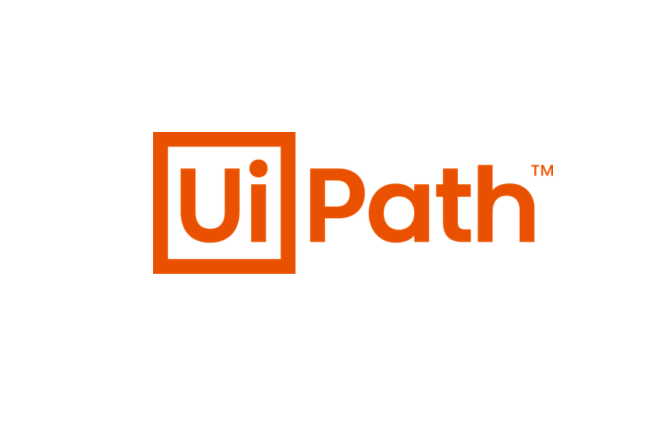Citizen development refers to the practice of empowering non-technical employees to create, modify and customise applications to meet specific business needs. This approach is transforming the way organisations work by enabling faster and more effective processes, while also promoting improved practice across the business.
Traditionally, the development of new applications or modifications to existing ones was the responsibility of a dedicated IT team. This could result in long waiting times for changes to be made, or the development of applications that didn’t exactly meet the needs of the business.
However, with citizen development, employees are able to create and modify applications themselves, removing the bottleneck of waiting for IT. They can also ensure that the applications they create are tailored to their specific business needs, increasing their effectiveness and efficiency.
Citizen development also promotes improved practice across the business by enabling employees to identify and address process inefficiencies themselves. This leads to a more agile, adaptable and responsive organisation, which is better equipped to meet the changing needs of the business.
In addition, citizen development helps organisations to be more cost-effective. The development of applications is faster and less expensive, as it is carried out by employees who are already familiar with the business and its processes, rather than an external IT team.
Citizen development is made possible by low-code and no-code platforms, which allow non-technical employees to create, modify and customise applications without the need for programming skills. These platforms use drag-and-drop interfaces, pre-built templates and other intuitive features to make the development process straightforward and accessible to all.
To ensure that the benefits of citizen development are realised, it is important to provide employees with the training and support they need to make the most of the low-code and no-code platforms. This includes both technical training and process training, as well as ongoing support to ensure that employees are able to create effective and efficient applications.
In summary, citizen development is driving improved practice and faster processes in organisations by empowering employees to create and modify applications that are tailored to their specific business needs. This leads to a more agile, adaptable and responsive organisation, which is better equipped to meet the changing needs of the business. So, if you want to transform the way your organisation works, citizen development could be the way forward.
Velocity IT 5 Top Tips: Getting Started with Citizen Development
Tip 1: Identify business requirements: The initial step in implementing citizen development is to identify the specific business requirements that you wish to address. This will assist you in selecting the right platform and tools for your organisation and guarantee that the applications you create are effective and efficient.
Tip 2: Choose the appropriate platform: There are numerous low-code and no-code platforms available, so it is important to choose one that suits your specific business requirements. Consider factors such as ease of use, cost, security and scalability when making your decision.
Tip 3: Offer training and support: To make certain employees fully utilise the low-code and no-code platforms, it is vital to offer them training and support. This should include both technical training and process training, as well as ongoing support to guarantee that they are able to create effective and efficient applications.
Tip 4: Foster collaboration: Citizen development works best when employees are able to work together and share ideas. Encourage this by fostering a supportive and inclusive environment that promotes open communication and teamwork.
And finally…Tip 5: Implement governance: Finally, it is important to implement governance to ensure the applications created through citizen development are of high quality and in line with the overall goals of the organisation. This may include setting standards for security, quality, and data management, as well as implementing a review process to ensure the applications are effective and efficient.
By adhering to these tips, you can get started with citizen development and start enjoying the benefits of a more agile, adaptable, and responsive organisation.







